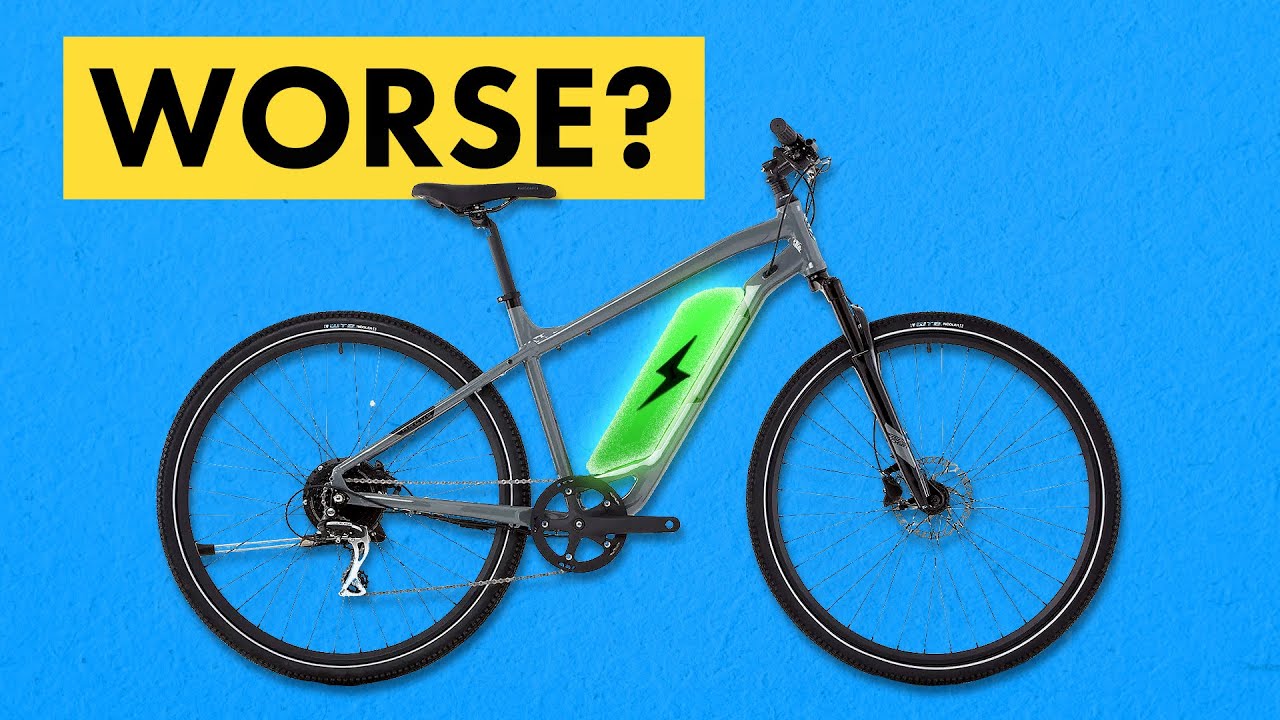- cross-posted to:
- micromobility@lemmy.world
- cross-posted to:
- micromobility@lemmy.world
I editorialised the title as the original was clickbait, but the video itself is quite good. Interestingly, e-bikes are claimed to have lower emissions than acoustic bikes, although it likely depends on diet (the author didn’t specifically compare a vegan diet between the two types but did indicate that vegan + electric is the most carbon efficient form).



I’ve used two different brand chest strap monitors (actually, 3, but one was in college spin class many years ago and I don’t have any of the data for that, but I used to average zone-4 heart rates with peaks over 210 bps basically every class, so it gives some comparison). With my current one, it seems responsive to everything from sedentary activity to intense cardio. That said, my average heart rate during exercise is above 150 (my most recent 1hr session, my HR rarely dropped below 160bps after the warmup), so the linear relationship between calories and HR no longer holds. So I agree I should take it with a grain of salt, but at least this calculator says at my weight I should be burning over 900 calories if my HR is 150 for 1 hour of exercise. My RHR is like 50, so its not like my HR is just always high either. Still HR-> calories still isn’t an exact conversion. A power meter or an O2 exhalation lab would give better info.
Anyways, I agree intense cardio workouts are a lot more than cycling, which was mentioned in my above comment (I only burn about 700 calories/hr commuting vs 750-1000 getting exercise).
The numbers I get from my HR apps are also lower than online calculators for equivalent workouts: they estimate my commute should be 900-1200 calories for my weight and pace (I’m 200lbs/90kgs), not 700 calories. I get to ride on lots of trails, so if not many people are out walking, I don’t have as much slowing down/speeding up as someone commuting by roads, and its on a carbon road bike, so that might contribute.
Also, given the length of the commute, I’m not going to go slower than normal recreational bike rides: I just try to avoid doing all-out sprints on the way to work and then the ride on the way home I regularly did all-out sprints during some segments. And even if I went at a more casual pace, the total calories actually wouldn’t change that much (maybe 10-15%?). It would of course spread the remaining calories over more time, so the burn rate would be lower.
Which is why I stopped acoustic biking to work and switched to ebike. I would be tired during my shift even after just biking one way. I don’t know if I ever biked to work two days in a row: I don’t think I could have done my job if I tried that.